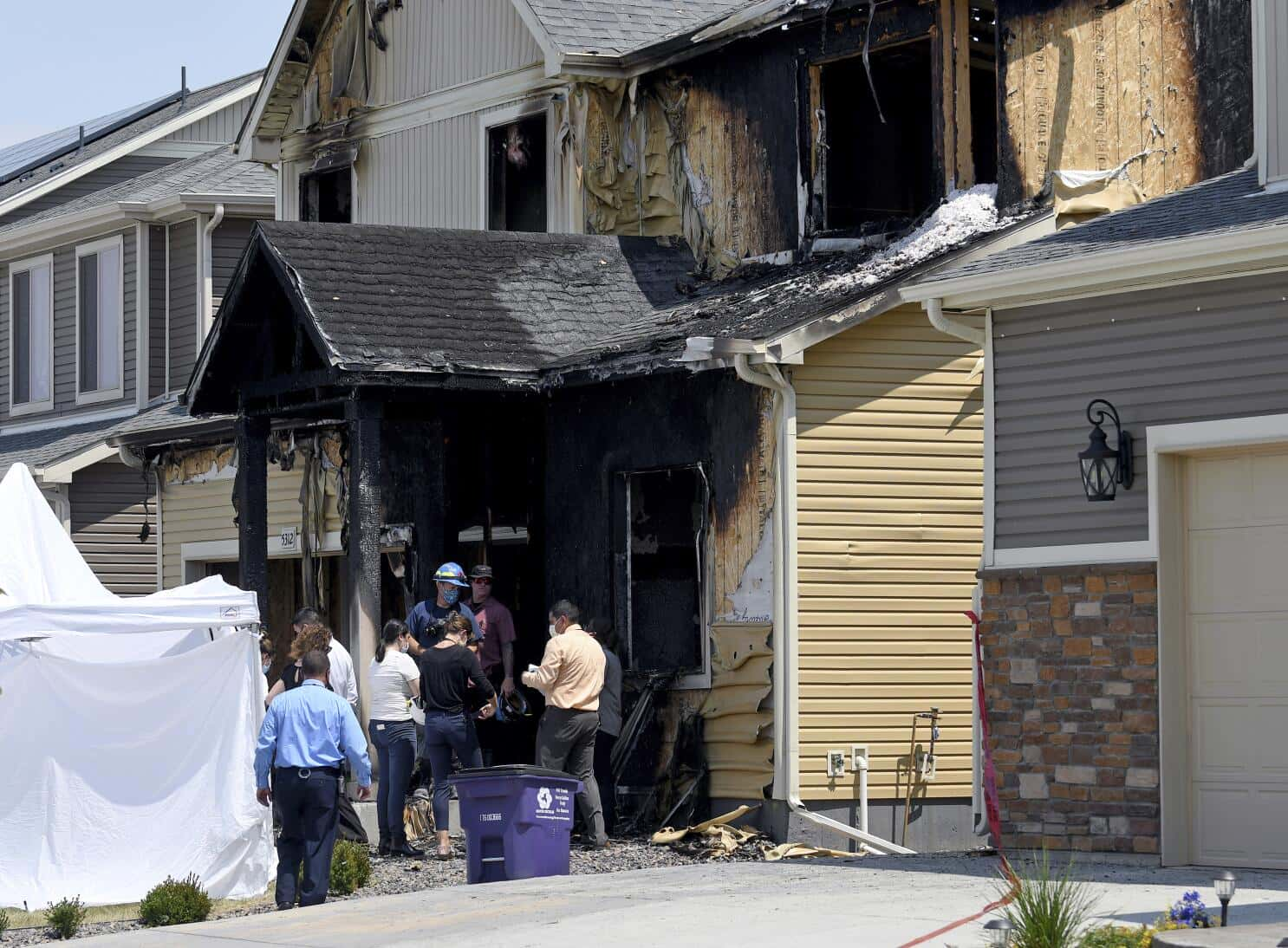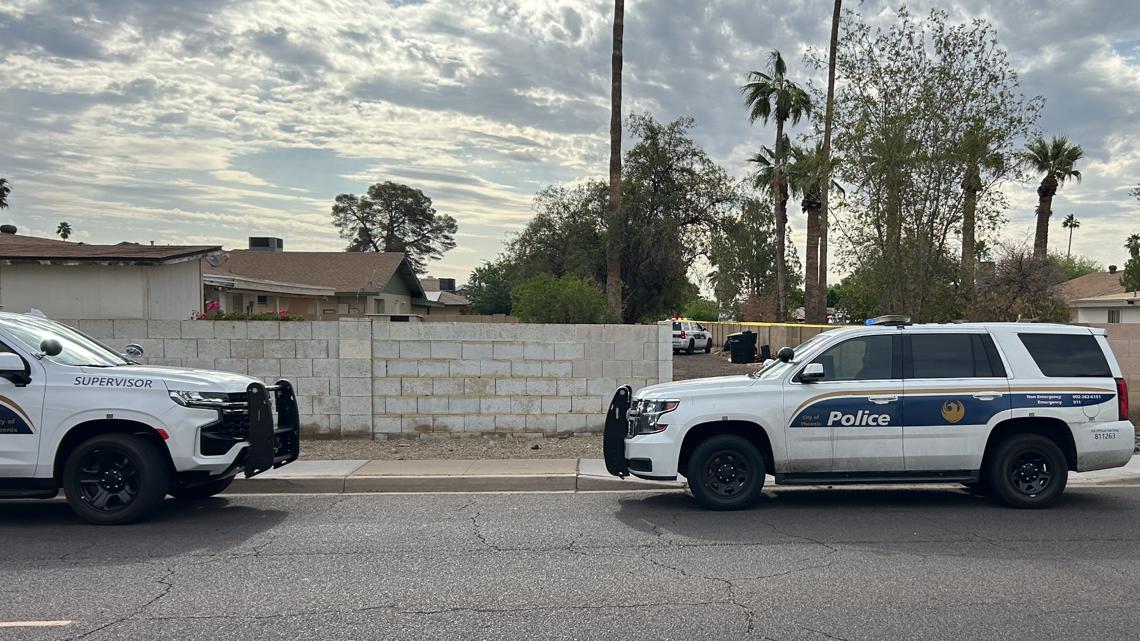This decision, which has been criticized as a potential threat to privacy and constitutional rights, is being described as a significant legal development by the Colorado Supreme Court.

The Colorado Supreme Court has, in a landmark decision, upheld the search of Google users’ keyword history in a case related to a 2020 fatal arson fire
The ruling, which came on Monday, allowed Denver police to issue a search warrant to Google, requiring them to provide the IP addresses of users who had searched for the address of a home tragically set on fire, resulting in the deaths of five immigrants from Senegal. This contentious approach was used to identify potential suspects, as the investigation had reached a standstill.
The Colorado Supreme Court’s decision emphasized that it was ruling on the specifics of this case and not making a broad proclamation on the constitutionality of such warrants. It acknowledged the privacy concerns associated with such searches but chose not to throw out the evidence, as the police had acted in good faith within the bounds of the law as understood at the time.
The Colorado Supreme Court ruling has generated both support and dissent
While acknowledging the significance of privacy and the First Amendment in keyword searches, some dissenting justices contend that it could potentially afford law enforcement an unprecedented level of access to individuals’ personal lives. Nevertheless, it’s emphasized that the Colorado Supreme Court’s ruling doesn’t universally endorse such warrants; rather, it represents a measured response based on the specific circumstances at hand.
This decision means that the prosecution of two teenagers, Seymour and Bui, facing charges of first-degree murder, attempted murder, arson, and burglary in relation to the 2020 arson case, will move forward in the adult Colorado Supreme Court. This case marks a fresh phase in the ongoing discourse regarding the equilibrium between privacy and the imperatives of law enforcement in the digital era.




